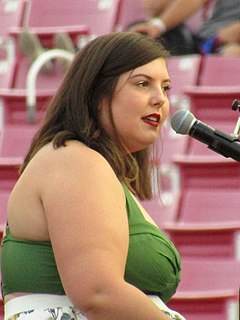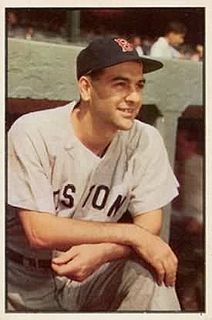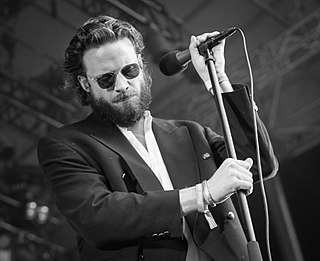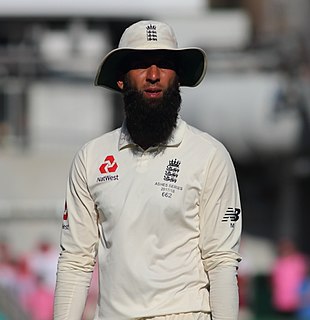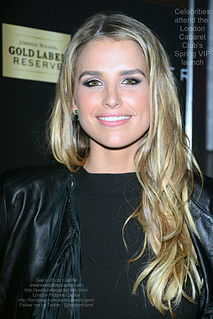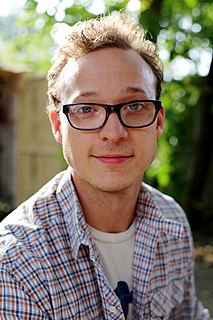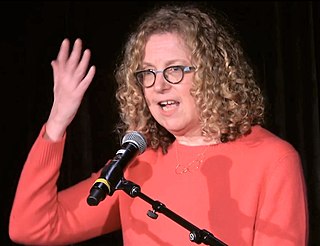A Quote by Klaus Schulze
How did this or that change my music? The only time I have to think about it is when an interviewer asks me that.
Related Quotes
We human beings have enormous difficulty in focusing on the present; we always thinking about what we did, about how we could have done it better.... or else we think about the future, about what we're going to do.... But at this precise moment, you also realize that you can change your future by bringing the past into the present. Past and future only exist in our mind. The present moment, though, is outside of time, it's Eternity.... It isn't what you did in the past the will affect the present. It's what you do in the present that will redeem the past and thereby change the future.
To spend any time with someone who is among the top five film composers of the last 50 years is pure gold dust. I mean, not necessarily stylistically, because everyone is different in what their music sounds like, but the approach and how to look at a film, how to think about a film, how to decide what you want to do, how to think about characters, how to think about art, how to think about narrative, how to liaise with producers, how to liaise with directors.
Adrian suddenly glanced up at me. Our gazes locked, and I felt like he could read my mind. How often did he think about that kiss? And if he really was crazy about me, did he imagine more than just kissing? Did he fantasize about me? What kinds of things did he think about? His lips on my neck? His hand on my leg? And was that leg bare . . . ?
I'd never go up to somebody and start preaching, but if somebody asks I'm willing to talk about it. Often, after people have seen me praying, they'll ask and it's a chance to show how normal prayer time is and why we do it, to teach people about the religion. Not to try to change them, but to explain.
I'm a husband and a dad. Two thirds of my day is spent being that character. It's a huge part of my identity and why I pursue things I do. I'm interested in questions my son asks me, like, "Why do animals fight? Why do you have to leave us to go on the road?" Everything he asks gets me thinking. If I'm going to do this, sacrifice time with family and friends, sacrifice resources, I need to think carefully about what I going to say and how I'm going to say it.
Everyone always asks, was he mad at you for writing the book? and I have to say, Yes, yes, he was. He still is. It is one of the most fascinating things to me about the whole episode: he cheated on me, and then got to behave as if he was the one who had been wronged because I wrote about it! I mean, it's not as if I wasn't a writer. It's not as if I hadn't often written about myself. I'd even written about him. What did he think was going to happen? That I would take a vow of silence for the first time in my life? "
My kind of nightmare quote is from Deborah Tolman, who does research on girls and desire and is, I think, brilliant. She told me that by the time girls are teenagers, when she asks them how sexual experience made them feel, they respond by how they think they looked; they think that how they look is how they feel.
Every time I traveled to a new city, I would learn about local heroes I did not know about, and I would learn about their very impressive contribution to their cities. There are nuanced senses that only people from the region can understand, and no amount of globalization can change that. It's almost like a maxim of a sorts, when you think about language, the way that people speak in a location. It does happen with architects, in terms of how they engage cities.

